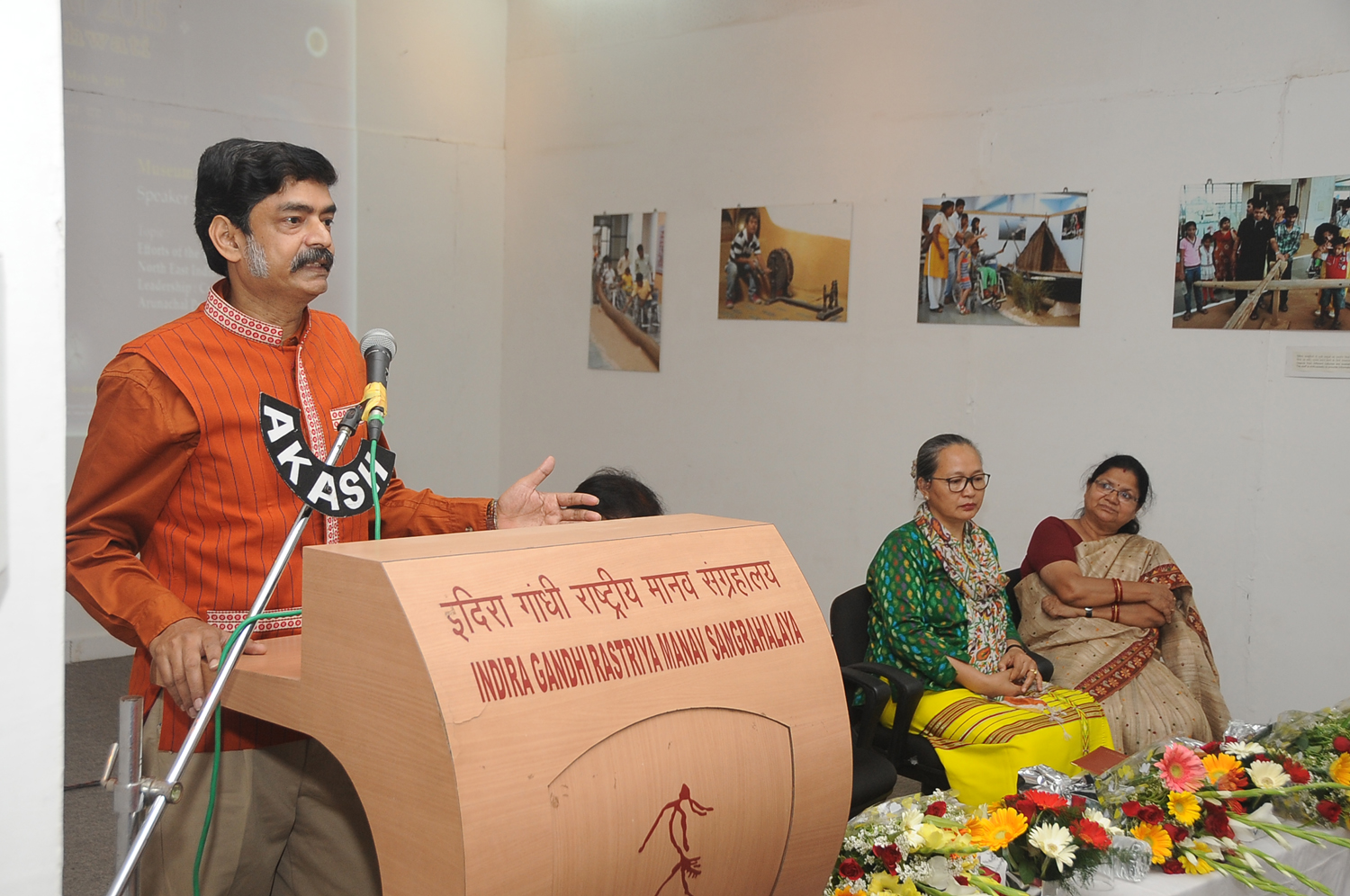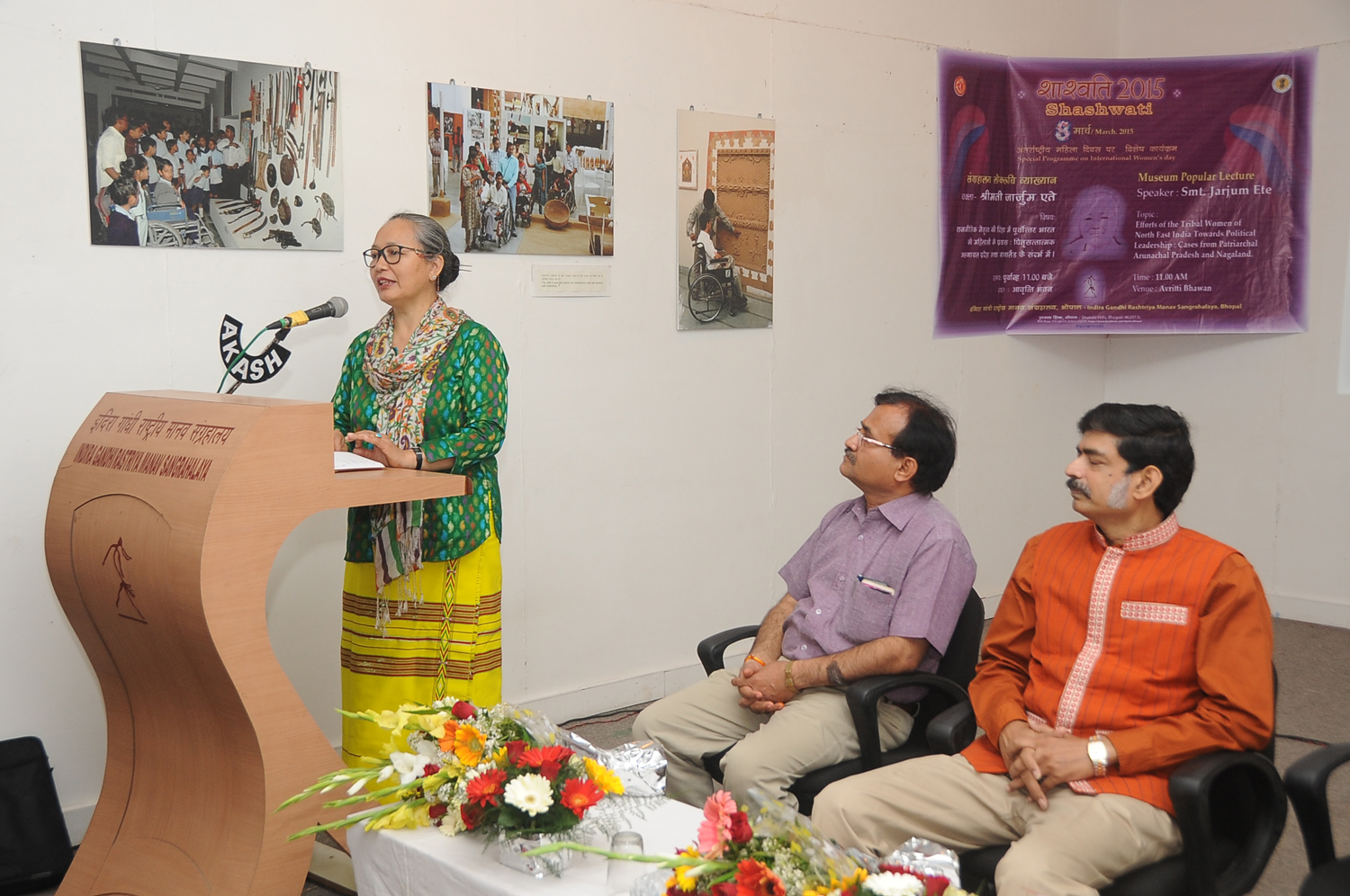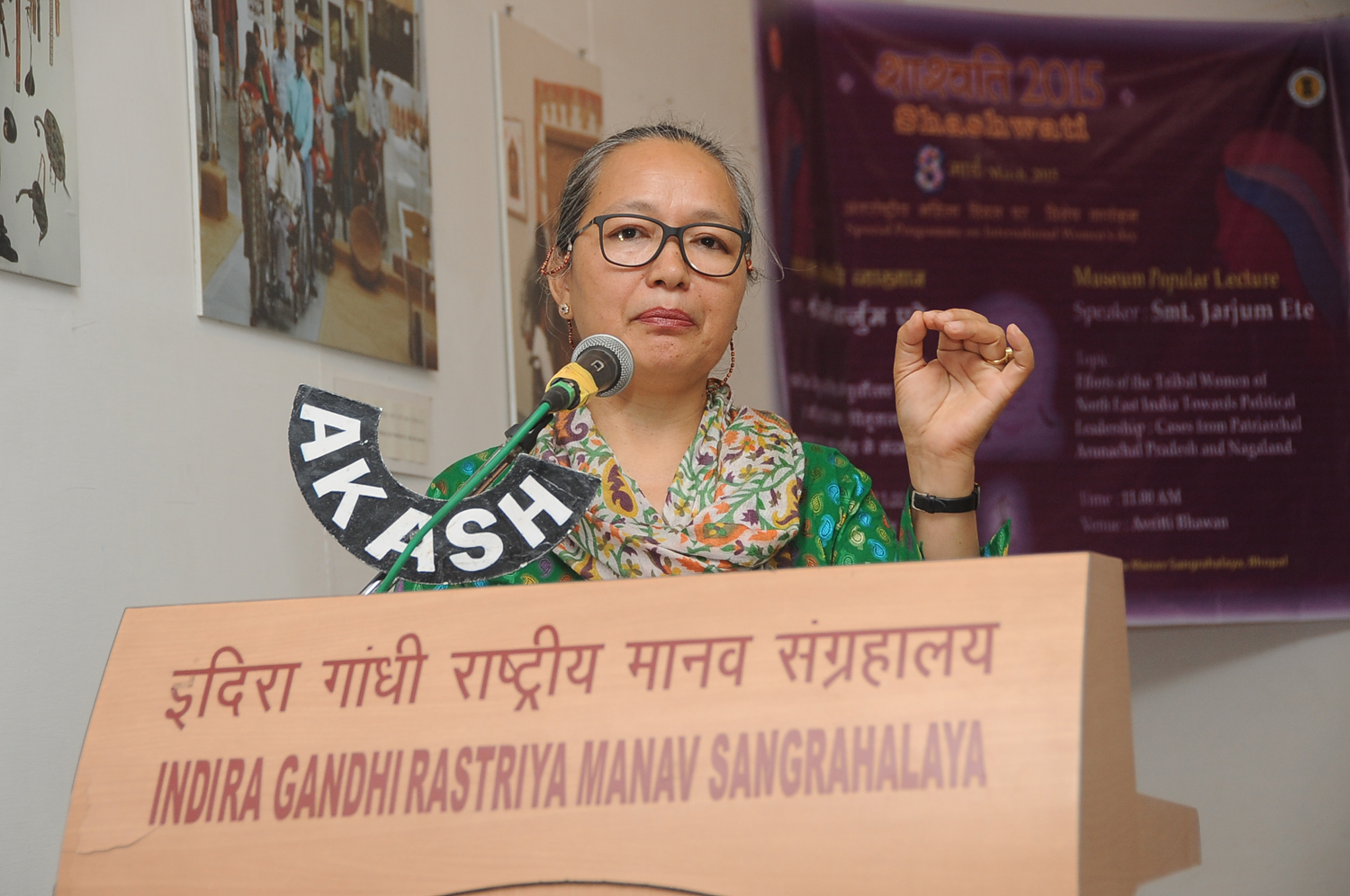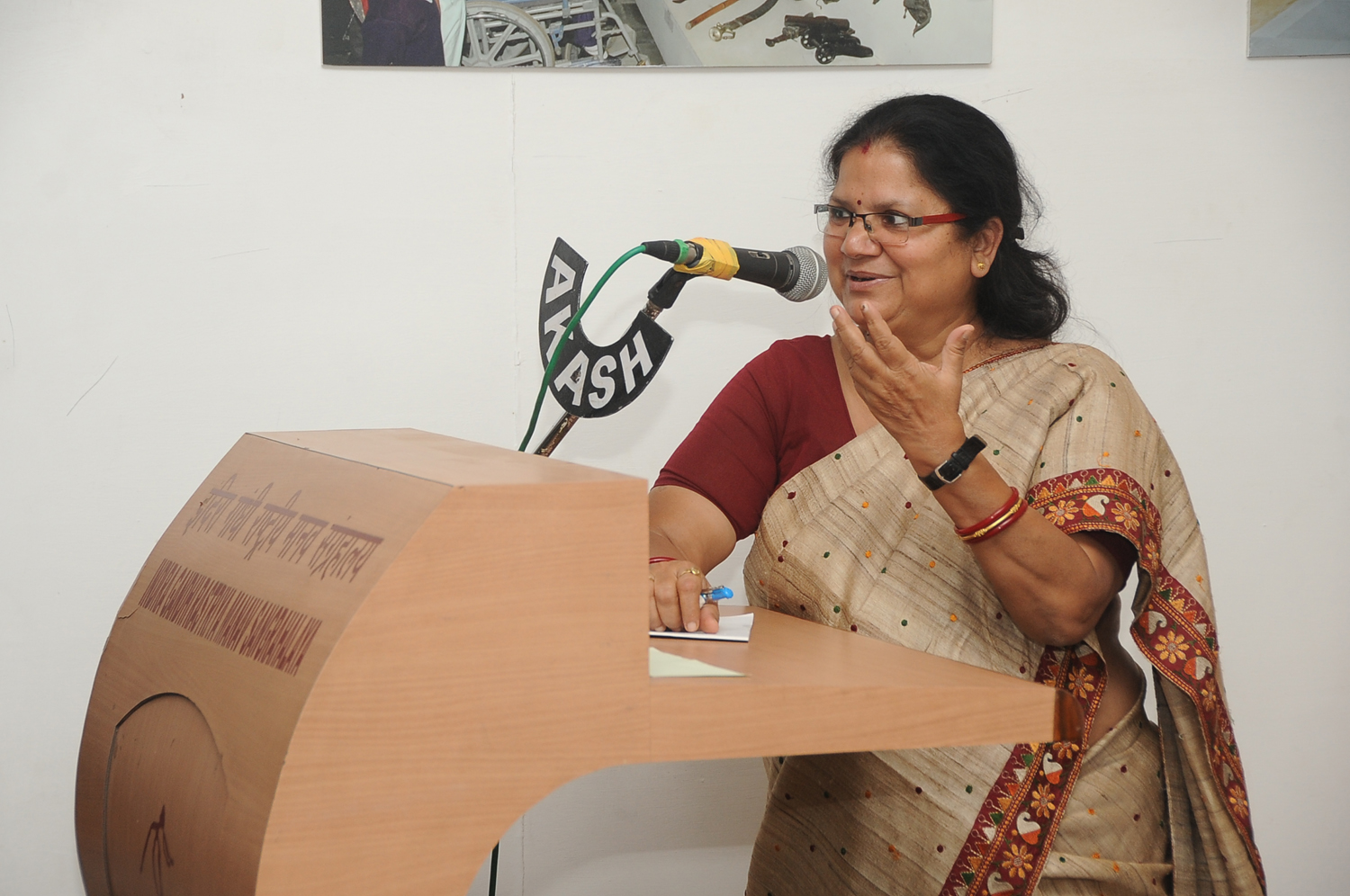- About Us
- Schemes
- Culture Scheme Dashboard
- Scheme of Financial Assistance for Promotion of Art and Culture
- Financial Assistance to Cultural Organizations with National Presence
- Cultural Function and Production Grant(CFPG)
- Financial Assistance for Preservation and Development of Cultural Heriatge of the Himalayas
- Financial Assistance for Development of Buddhist/Tibetan Arts and Culture
- Financial Assistance for Cultural Activities in Performing Arts for Building Grants Including Studio Theatres
- Financial Assistance for Allied Cultural Activities
- Financial Assistance for Promotion of Guru-Shishya Parampara (Repertory grant)
- National Mission on Libraries
- Financial Assistance for Construction of Tagore Cultural Complexes(TCC)
- Scheme of Financial Assistance under Seva Bhoj Yojna
- Scheme of Scholarship and Fellowship for Promotion of Art and Culture
- Museum Grant Scheme
- Scheme for Financial Assistance for Veteran Artists
- Scheme for Promotion of Culture of Science (SPOCS)
- Scheme for Safeguarding the Intangible Cultural Heritage
- Global Engagement Scheme
- Indian Conservation Fellowship Program (ICFP)
- Centenary and Anniversary Celebrations Scheme
- Mission
- ICR
- Commemorations
- CSL
- G20 CWG
- Contact Us
Museum Popular Lecture Series of Indira Gandhi Rashtriya Manav Sangrahalaya on the occasion of International Women’s Day here at Bhopal, Madhya Pradesh
The Women in Arunachal Pradesh and Nagaland are trying very hard to make a place of their own by creating their new identity in the dominant patriarchal tribal society, said Ms. Jarjum Ete, a social activist, a prominent public figure and a vanguard for the cause of child and women in the state of Arunachal Pradesh. She was delivering a Lecture entitled EFFORTS OF THE TRIBAL WOMEN OF NORTH EAST INDIA TOWARDS POLITICAL LEADERSHIP: CASES FROM PATRIARCHAL ARUNACHAL PRADESH AND NAGALAND in the Museum Popular Lecture Series of Indira Gandhi Rashtriya Manav Sangrahalaya on the occasion of International Women’s Day here at Bhopal, Madhya Pradesh. Indira Gandhi Rashtriya Manav Sangrahalaya organized ‘Shashwati-2015’ a day long programme like museum popular lecture, new amenity for visitors, food festival and cultural programme. Padamshri Shovana Narayan performed a dance drama ‘Ko Aham’ based on Kathak.
Addressing the problems of women in Arunachal Pradesh Ms. Jarjum said that modern education is empowering the younger generation of Arunachalee women. However, even educated families from some progressive communities prefer a higher secondary pass bride for their professionally qualified sons to equally highly qualified girls of the same community. They think that highly educated girls are not easy to ‘mould’.
The tribal women of the state were not part of the decision making traditionally. Among the Apatani tribe of Ziro valley, the women were not even allowed on the Lapang, the platform where their traditional council – Buliyang, meets. However, times are changing for the better in the state.
Presently, Ms. Jarjum Ete is Chief Advisor of the Galo Welfare Society, the executive body of her tribe’s apex council, the Galo Baanv Kvba. She is also heading the All India Union of Forest Working People as its President apart from being involved with women and children’s rights organisations in the state, region and the national level. She was the first Chairperson of the Arunachal Pradesh State Commission on Women.
Ms. Jarjum further told that with the advent of Panchayati Raj 33% seats were reserved for the women in Arunachal after much resistance from the traditional patriarchal leadership in Arunachal Pradesh. After much lobbying with the council elders, the local administrators and political leladers, the first post 73rd Constitutional Amendment election took place in 2003 when 38.5% women got elected. In the subsequent elections, however, this percentage decreased. The reason is present electoral policy which is money based and financial resources or economic authority is the prerogative of Patriarchal society. Only state sponsored election is solution to this problem. In first election of local body in Arunachal, men were reluctant to give representation to the women. But when it became mandatory then they got the tickets for their wives, daughter-in-laws, mothers and daughters. Gradually things have changed. For decades ever since the introduction of electoral politics in the tribal state, women have been involved in canvassing in the election but after elections are over, they are restricted to domesticity. They are invited in the political ceremonies but only to present dances and songs and serve food and drinks. For women also the priority is their home. Today there are a few women representative in the assembly but they are from the ruling party so they cannot play a major role in the discussions.
In Nagaland also the women representation in the local bodies is quite cosmetic. The patriarchal society in Nagaland is using powers given them in the sixth schedule to deny implementation of the 74th Constitutional Amendment in the urban municipal areas in the state and women’s right to reservation in the urban local bodies. The women in the Nagaland are fighting in the Supreme Court for their rights.
But even after so many difficulties it can be said that the women in Arunachal Pradesh and Nagaland are fighting the patriarchal society for their rights and witnessing success to some extent.
About IGRMS, Bhopal
Indira Gandhi Rashtriya Manav Sangrayalaya is an Autonomous organization of the Ministry of Culture, Govt. of India. Series of efforts towards the conservation of culture and traditions and strengthening of museum-visitors alliance includes regular and occasional activities for people of all the classes of society.
Programme Shaswati - 2015 is dedicated for the women visitors who also represent a major part of human world, underlining their role in conservation of culture.
Date: March 9, 2015












